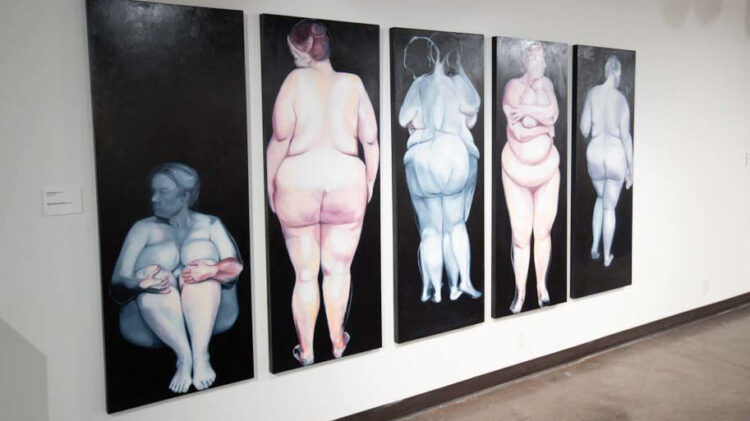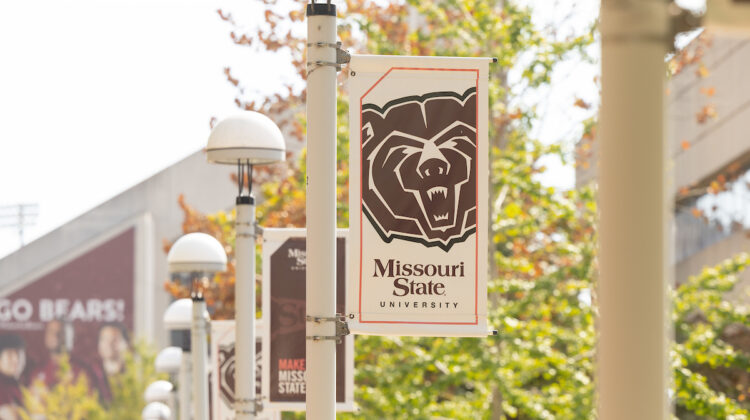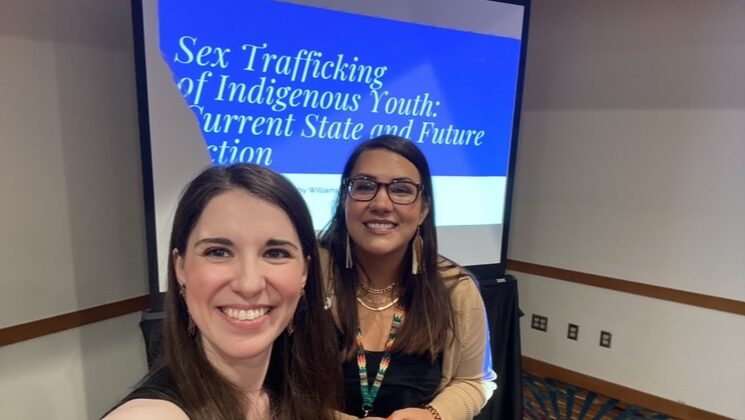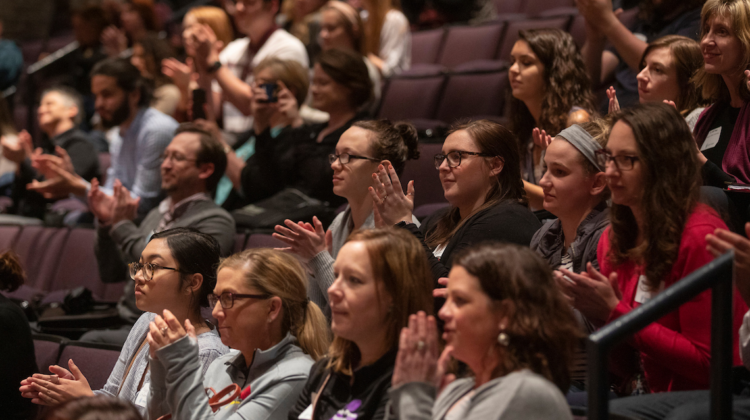
Thin. Corseted. Short. Heroin chic. Rubenesque. Healthy. What society considers beautiful in women is ever changing. But no matter the style, one thing remains the same — women are never content with their bodies.
Body image has been at the forefront for women for as long as women have been alive, but in a world of Photoshop, and the increasing use of AI images, the landscape is unlike any women have faced before.
Missouri State University professor of psychology Dr. Brooke Whisenhunt — who studies body image and the influences of social media — says media literacy is key to proceeding with caution.




